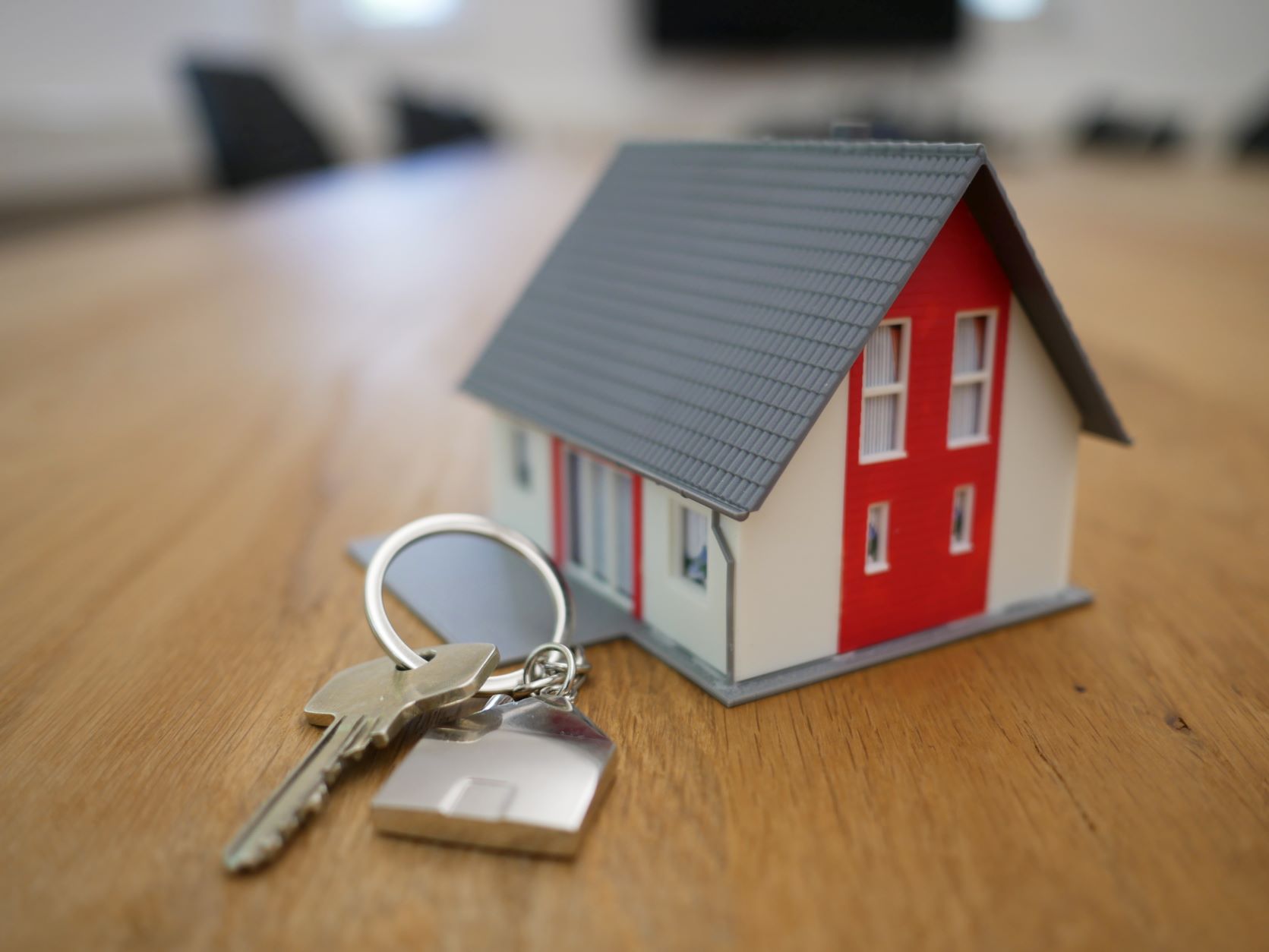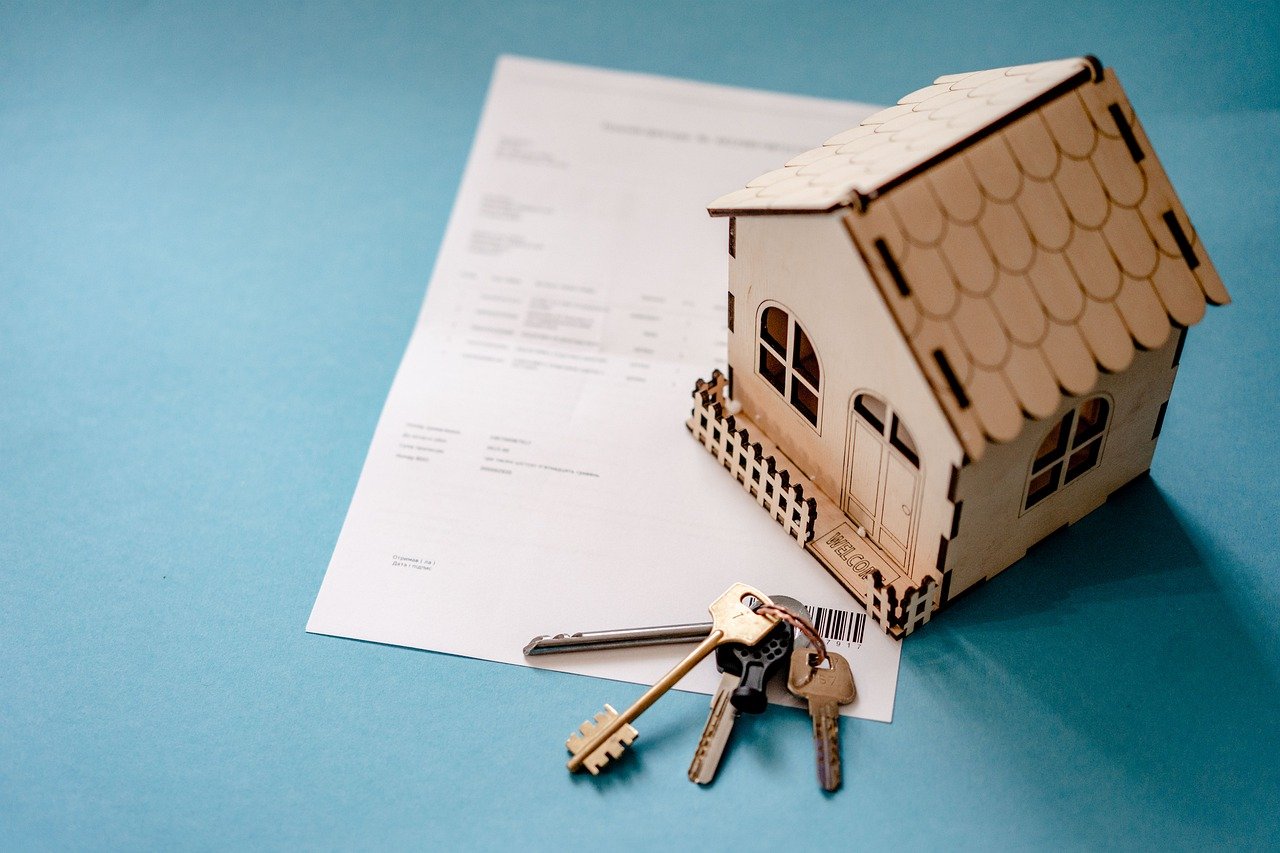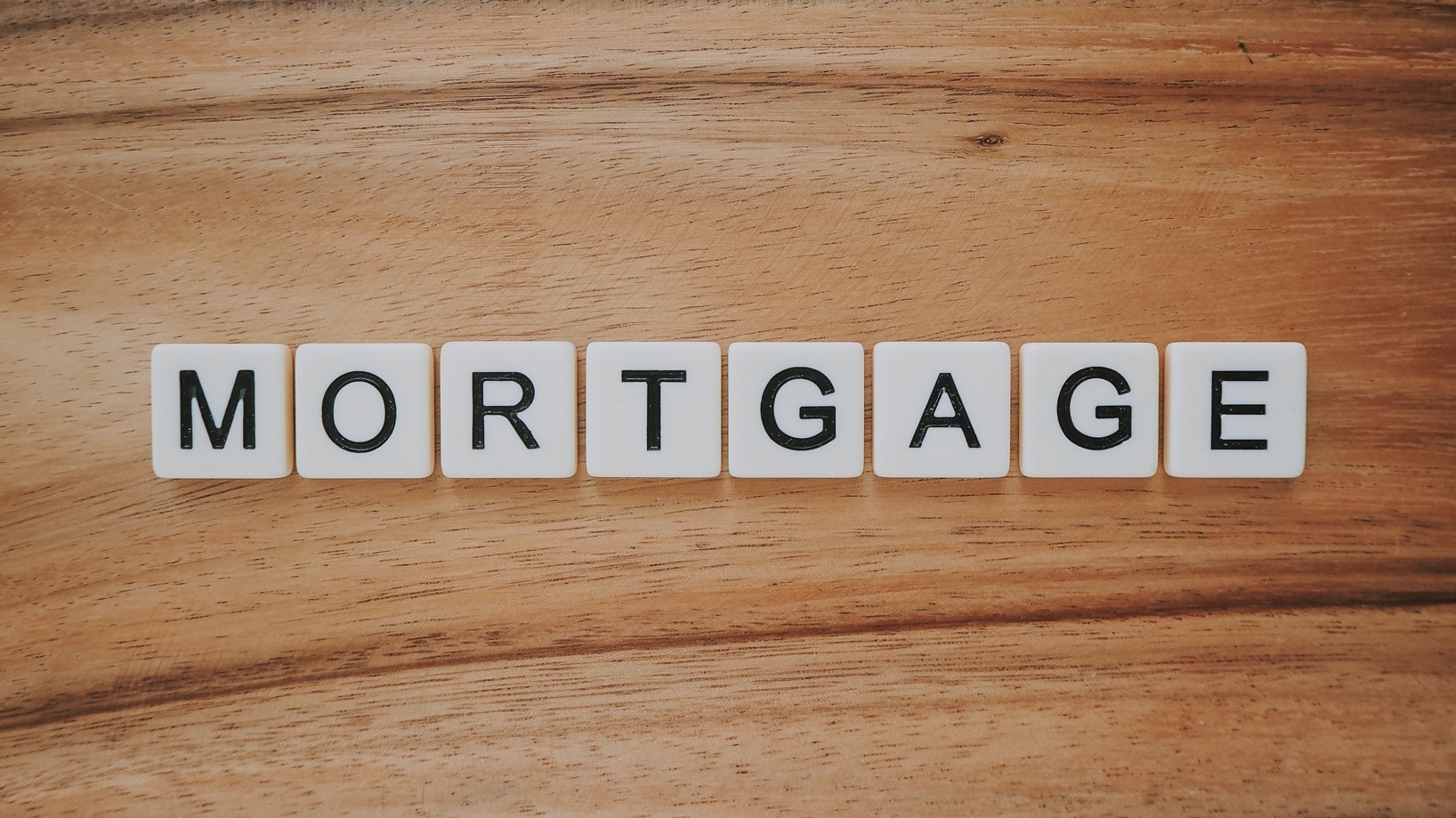There is no doubt that buying a rental property can be a lucrative investment. However, there are a lot of things to consider before buying one.
Thank you for reading this post, don't forget to subscribe!In this article, we will discuss some of the top tips for buying rental properties. We will also look at the benefits of investing in this type of property and outline some of the things you should keep in mind when making a decision.
So, if you're thinking about investing in real estate with a rental property remember the tips below!
The Short Term Shop has been helping real estate investors to grow their wealth with smart investment options! Contact us today to start your lucrative investment journey!
Tip # 1: Location, Location, Location
One of the most important things to consider when buying a rental property is its location. You want to make sure that the area is desirable and has growth potential. Additionally, you'll want to be sure that the surrounding neighborhood is safe and in a good condition. If you're not familiar with the area, be sure to do your research before buying.
Tip # 2: Consider Your Needs
Starting to invest in real estate with a rental property is a smart move for generating passive income. When buying a rental property, it's important to consider your needs and what you're looking for in an investment.
For example, do you want a property that will produce immediate income or one that has potential for growth? Consider questions like: are you looking for a single-family home or a multi-unit property? By considering your needs, you can narrow down your search and find the perfect property.
Tip # 3: Get Professional Advice
When buying any type of investment property, it's always a good idea to get professional advice. This is especially true when buying a rental property. A good real estate agent can help you find the right property and negotiate a fair price. They can also provide you with valuable advice on things like zoning laws, rental rates, and other important factors to consider when buying a rental property.
Tip # 4: Research Your Area
As we mentioned earlier, it's important to do your research before buying a rental property. This means researching the area where the property is located. You'll want to know things like average rental rates, population growth, and other important factors that could affect your investment. By doing your homework up front, you can avoid any surprises down the road and make an informed decision about whether or not buying a rental property is right for you.
Investing in a rental property can be a great way to grow your portfolio and generate income. By following the tips we've outlined above, you can increase your chances of making a wise investment decision. So, if you're thinking about buying a rental property, be sure to keep these things in mind!
Tip # 5:Calculate Operating Expenses
In order to make sure your rental property is profitable, it's important to calculate your operating expenses. This includes things like the mortgage payment, property taxes, insurance, repairs and maintenance, and any other relevant costs.
By knowing what your monthly expenses are, you can ensure that the rent you're charging is enough to cover all of your costs and generate a profit. If your expenses are too high, you may need to raise the rent or find ways to reduce your costs.
Tip # 6: Keep the High-Interest Rates in Mind
One thing to keep in mind when buying a rental property is the interest rate. Most short-term mortgages have higher interest rates than long-term mortgages, so be sure to compare interest rates from different lenders before making a decision.
This can be an important factor to consider, especially if you plan on holding onto the property for a few years. A high-interest rate can eat into your profits and reduce your overall return on investment.
Tip # 7:Be Prepared for Vacancy
It's important to be prepared for periods of vacancy when buying an investment property. This means having enough money saved up to cover your expenses until a new tenant is found.
Vacancy can be a difficult thing to predict, so it's always good to have a financial cushion just in case. By being prepared for vacancies, you can minimize the impact it has on your bottom line.
Tip # 8:Arrange Your Finances
Make sure you are ready to finance the purchase with a conventional mortgage from a lending institution. This will give you the lowest interest rate and longest amortization period possible. The longer the amortization, the lower your monthly payments will be but the more you will pay in total over the life of the loan.
A shorter-term mortgage, such as a five-year fixed-rate mortgage, is an option if you want to pay off the property faster. However, the interest rates on shorter-term mortgages are usually higher than on longer-term mortgages. Be sure to compare interest rates from different lenders before making a decision.
Tip # 9: Get Yourself Landlord Insurance
When you become a landlord, it's important to protect your property and investment by purchasing landlord insurance. This kind of insurance will provide coverage for things like damage to the property, theft of contents, liability claims, and more.
Landlord insurance is different from regular homeowners or renters' insurance in that it provides additional protection for landlords. For example, regular homeowners insurance typically won't cover damage to your property if it's caused by a tenant. Landlord insurance will.
So, if you're thinking of buying a rental property, be sure to purchase landlord insurance to protect yourself and your investment.
Tip # 10:Know Your Legal Obligations as a Landlord
When you become a landlord, you are responsible for meeting certain legal obligations. These include things like ensuring the property is safe and up to code, maintaining accurate records of tenant deposits, and responding to tenant requests in a timely manner.
It's important to familiarize yourself with your local laws and regulations before buying a rental property. This way, you can be sure that you are meeting all of your legal obligations and protecting yourself from any potential lawsuits.
Tip # 11:Stay Away From Fixer-Uppers
While buying a fixer-upper can be a great way to get a property for a lower price, it's important to remember that there will be additional costs involved in fixing it up. These costs can include things like hiring contractors, buying materials, and renting equipment.
If you're not prepared to incur these additional costs, it's best to avoid buying a fixer-upper. Instead, look for a property that is in good condition and doesn't need any major repairs.
Tip # 12:Understand rental property returns
In order to estimate the potential return on your investment property, you need to understand two things: the cap rate and the cash flow. The cap rate is simply a measure of how much income you can expect from the property each year relative to the purchase price. For example, if you buy a property for $100,000 and it generates an annual income of $12,000, the cap rate would be 12%.
Cash flow is a measure of how much cash you can expect to receive each year from the investment property after all expenses have been paid. This includes things like mortgage payments, property taxes and insurance, repairs and maintenance, and any other relevant costs. To make money from a rental property, your cash flow should be positive (meaning the income from rent is more than the total of all expenses).
Ideally, you want to find a property that has a high cap rate and positive cash flow. This means you can expect to generate a good return on your investment property.
Tip # 13: Consider Hiring a Property Manager
It can be difficult for you and your family to decide whether or not to hire someone else to manage the day-to-day operations of a rental property. Property managers typically charge between 8% - 12%, which can really add up, however, there are benefits too!
For instance, they take care of all those pesky little details like maintenance requests and don't forget how much easier life gets dealing with a person instead of managing everything through emails.
A property manager should be able to do the following in general:
- Have knowledge on how to advertise the property.
- Know the local real estate market and make sure your rental is priced appropriately.
- Show possible tenants the property.
- Collect rent on your behalf and deposit it in your bank account.
- Screen potential tenants (for example, verify references and conduct credit checks).
- Take care of delayed rents and the eviction procedure.
- Plan for maintenance and upkeep.
- Resolve resident concerns.
- Pay expenses relating to the property, like property taxes, electricity, and insurance.
If you are unsure whether you should hire a property manager consider some of these things:
- Are you willing to deal with renters?
- Do you have enough time to manage your investment property full-time?
- Is your property close enough to your home that you can easily visit the tenants and the property?
- Are you renting it long-term or short-term (like Airbnb or vacation home)?
By understanding these concepts, you can get a better idea of the potential returns you can expect from buying a rental property.
What are the Benefits of Buying Rental Property?
There are a number of benefits to buying a rental property. Some of the most notable include:
- Generating Income: One of the main benefits of buying a rental property is that it can generate rental income for you. This can be in the form of monthly rent payments or through capital gains when you sell the property.
- Building Equity: When you buy a rental property, you're essentially buying a piece of real estate that will appreciate over time. This can be a great way to build equity and generate wealth over the long term.
- Tax Benefits: Another benefit of buying a rental property is that you may be able to take advantage of certain tax breaks. For example, you may be able to deduct your mortgage interest and other related expenses from your taxable income.
So, as you can see, there are several benefits to buying a rental property. By considering these benefits, you can make an informed decision about whether or not this type of investment is right for you.
How to Get a Mortgage
When buying a rental property, you'll need to get a mortgage from a lender. This can be tricky, as most lenders don't offer mortgages for investment properties. However, there are a few lenders who do offer this type of financing.
To increase your chances of getting approved for a mortgage, be sure to have good credit and a down payment of at least 20%. You should also be prepared to show the lender that you have a plan for how you will cover your mortgage payments if there is a period of vacancy.
To get a rental property mortgage, you'll need to have an excellent credit score and show that at least 20% of your down payment comes from savings or other sources. You might also consider using private mortgage insurance (PMI) if the amount is lower than 15%.
Borrowers should have enough money in the bank to cover three months of mortgage payments, including principal and interest.
Mortgage lenders will look at your DTI ratio as well as how much you're paying off each month for debts like cars or student loans that come with high rates of interest (over 4%). The closer this number falls between 36% - 45%, generally speaking, the better the chance they'll give you.
Consider Finding Real Estate Investing Partners
There are many ways to get into the real estate market, but if you don't have money or expertise then consider partnering with someone who does. As an investor yourself you can join a deal with other real estate investors who can finance deals in exchange for shares of profits. You can still be hands-on and actively involved without having all those financial obligations on your plate!
The key to finding real estate investors with whom you can partner is simply asking your social circle of family and friends, looking in local clubs for investors who share the same interests as you (such as buying commercial properties), joining a real estate crowdfunding deal, or browsing through social media groups that cater specifically towards those interested only in investing their money into this type of enterprise.
Conclusion
Landlords should be realistic in their expectations. As with any investment, rental property isn't going to produce a large monthly paycheck right away, and picking the wrong place could mean catastrophe for your finances--but this doesn’t mean you shouldn't try!
For first-time landlords, some experienced partners can guide them through all aspects of owning land properties, or even just rent out one's own home while testing those waters if they so choose (an important thing before committing fully).
If you are considering investing in a rental property, contact us today and let our team of professionals help you find the best investment option for you!





